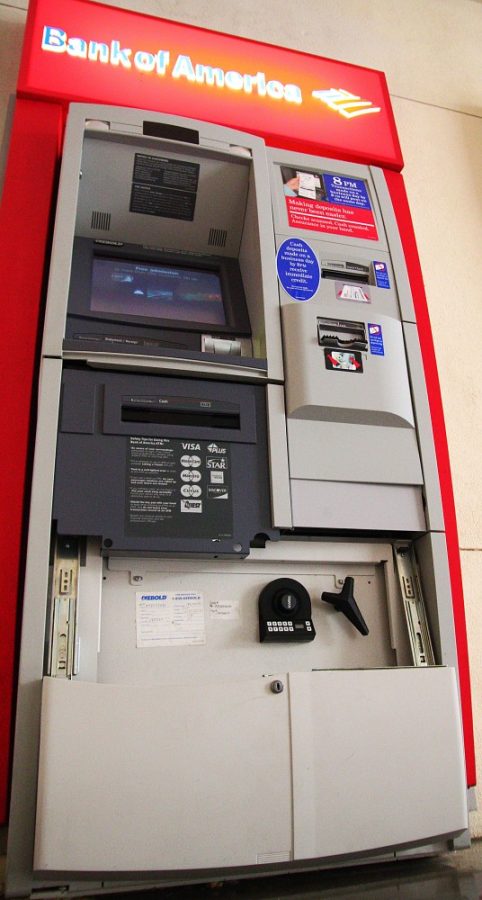New laws may result in some banks charging consumers for debit card use.
A statement released on Monday by the Tucson Southern Arizona Better Business Bureau explained Congress’ new rules governing “swipe fees” — the fees that banks charge retail stores every time a debit card is swiped to make a purchase. Previously, the average fee that most banks charged was around 44 cents per debit card swipe. The law has capped the fee at 21 cents, and banks are making up for that loss by charging the consumer.
According to the Better Business Bureau, banks have predicted a loss of hundreds of millions of dollars per year from the fee cap, and some major banks have announced a flat monthly fee for debit card purchases between $3 and $5. A per-transaction fee is also expected sometime in the future to accommodate infrequent debit card users.
As of press time, representatives from Bank of America, Wells Fargo, Bank of the West and Chase could not be reached for comment about imposing fees.
Bureau spokesman Nick LaFleur advised consumers to keep an eye on bank statements for debit card charges, and, if they’re unhappy, to do their own research about how to avoid the fees.
“Make sure that you’re on the lookout for alerts from your bank to any changes that might be made,” LaFleur said. “But if you’re unhappy with what they’re doing, you might want to just shop around.”
The fee-cap law only applies to banks with $10 billion or more in assets, allowing smaller credit unions like Tucson Federal Credit Union and Vantage West Credit Union to avoid the cap.
Vantage West Credit Union’s asset size of $1.1 billion falls under the cap, said Robert Ramirez, president and CEO of Vantage West Credit Union. “Vantage West Credit Union will continue to offer affordable and free checking options … and no fee to use our debit card.”
Students on campus have also expressed opposition to the new charges, some saying that they can’t afford to have even a few dollars a month taken from their accounts just to use their card.
“That (extra charge) would make me feel awful,” said Gabby Bruggeman, a veterinary science freshman. “I don’t use my credit card that much and I don’t have that much in my account, so it would greatly diminish it.”
Other students said they would probably have to quit using debit cards altogether.
“I’d be pretty pissed off,” said Jordan Ollanik, a civil engineering sophomore. “I’d probably have to not use a debit card and just switch to cash, or I would definitely switch to a company that didn’t do that.”
Others have said that paying the fees isn’t that big of a deal.
“I’d be willing to pay it just because you have to have a card,” said Miles Jackson, a pre-business sophomore. He added that, with all the banks charging the fees, “You have to bite the bullet for one of them.”
Alexa Pearson, a music education freshman, said she could understand a monthly fee, but not a per-transaction charge.
“I’d be OK with a minimum monthly fee up to $10,” Pearson said. “But for a constant fee every time I swipe, I think that’s unrealistic and unreasonable, and I would definitely look into different credit unions or banks.”
Others say banks are just trying to do what they can to run their businesses.
“Banks are for-profit companies, so they’re always going to try to turn a profit for their shareholders,” LaFleur said. “But at the end of the day, it’s not really for us to say how they make their money.”









